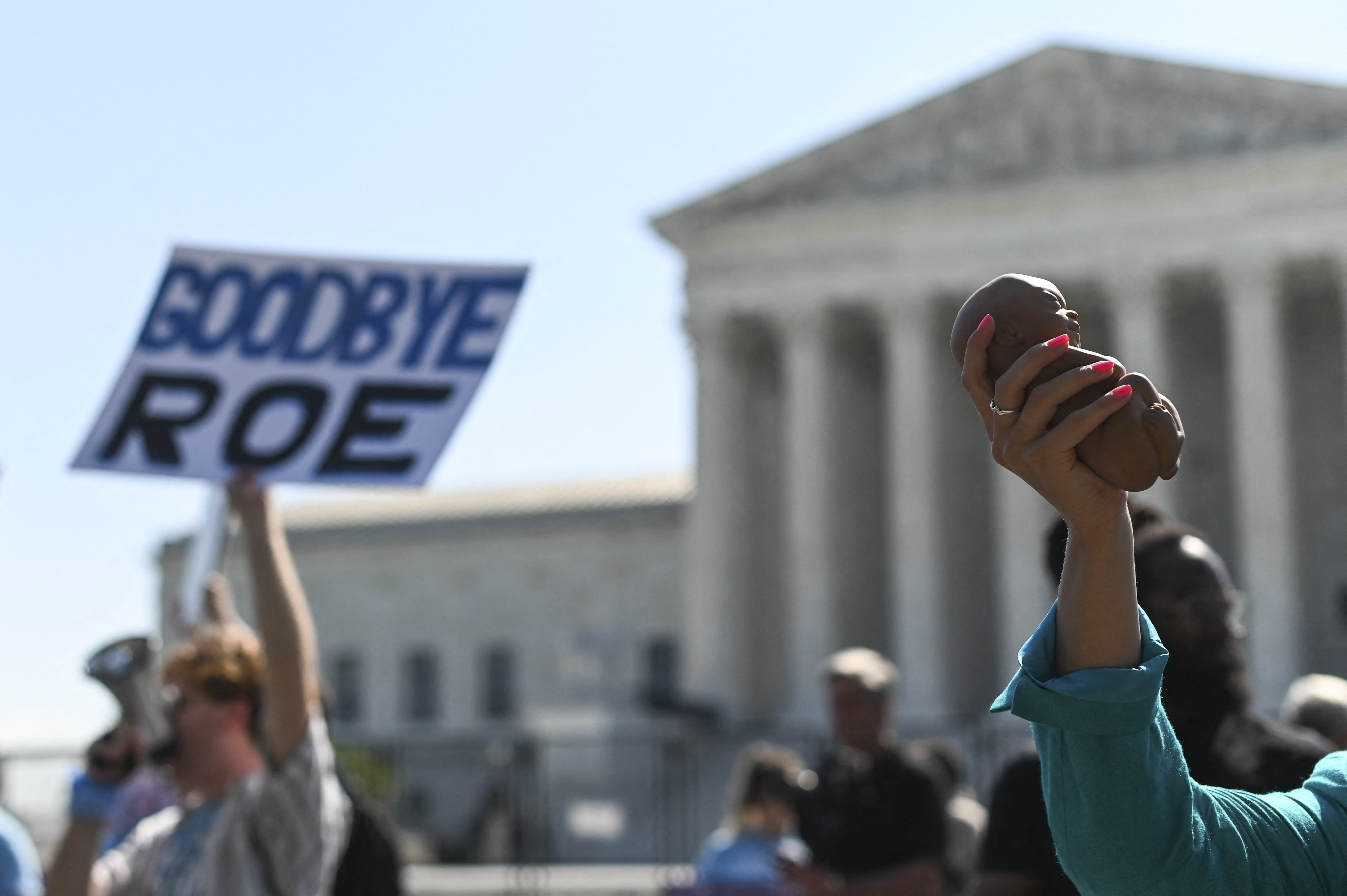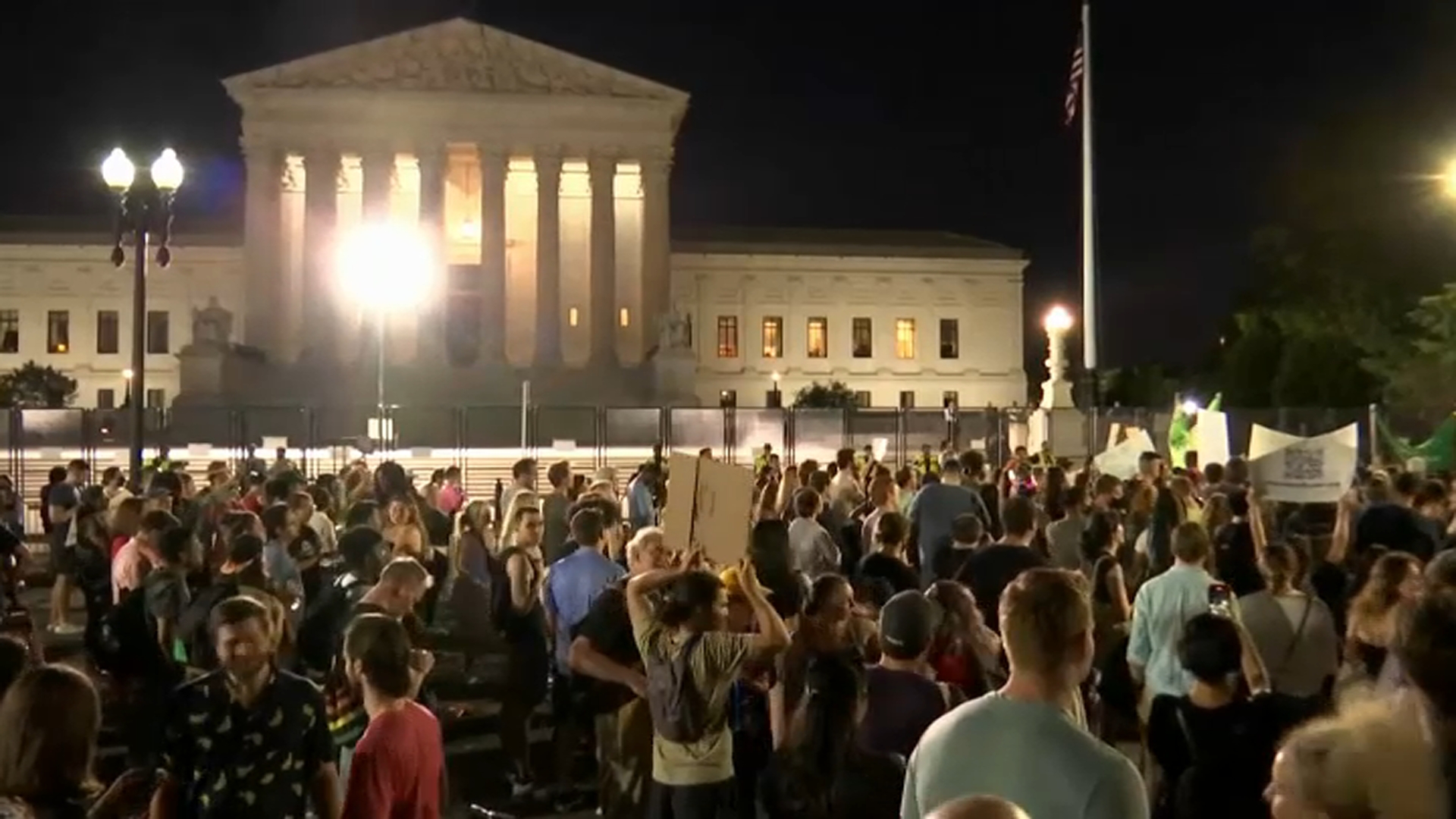Gov. Ned Lamont was quick to reassure women in Connecticut that their right to choose will not be affected by Friday's decision by the U.S. Supreme Court to overturn the landmark Roe v. Wade abortion ruling.
The justices ruled 6-3 in favor of a Mississippi ban on abortion, and in so doing, ruled abortion rights should be decided by states and not the courts.
Gov. Lamont pointed to a law he signed in May that protects medical providers and patients seeking abortion care who come to Connecticut from other states. The law also expands abortion access in Connecticut.
Abortion Rights
Get Connecticut local news, weather forecasts and entertainment stories to your inbox. Sign up for NBC Connecticut newsletters.
“I am grateful to live in Connecticut, where our laws make it clear that women have a right to choose. As long as I am governor, reproductive rights will be protected in Connecticut and I will do everything in my power to block laws from being passed that restrict those rights.”
"Democrats in the General Assembly anticipated this upending of legal precedent and enacted additional safeguards for reproductive health care in our state this year, including protection against litigation from residents of other states," said Senate President Martin Looney after the decision.
Republican nominee for governor Bob Stefanowski said the ruling does not affect a woman's access to abortion care.
“Today’s Supreme Court ruling has absolutely no impact on Connecticut residents," Stefanowski said. "I will continue to support Connecticut’s state law, which has codified a woman’s right to choose, with an appropriate ban on late-term abortion."



